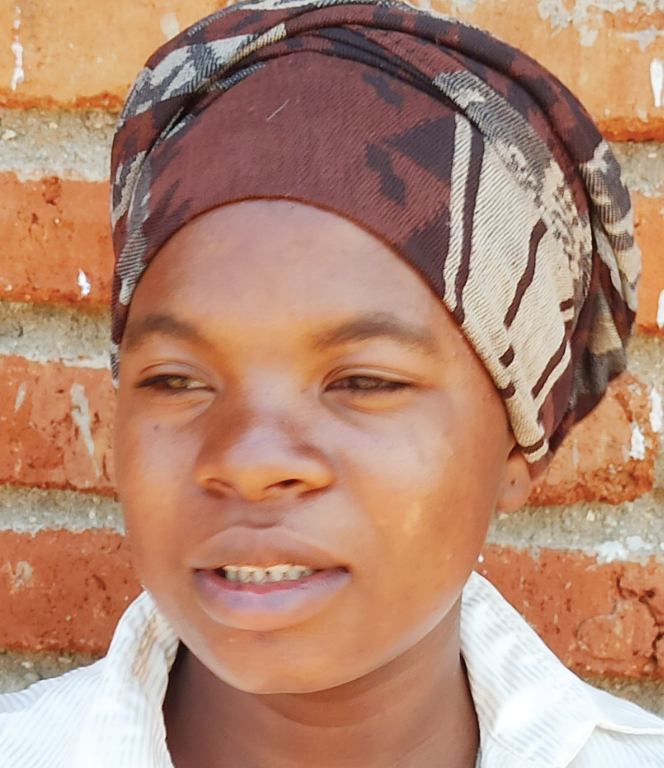Youth uplifting each other
Lukiya Chiwaya, from Mtika Village in Salima District, prefers “getting dirty” to white collar jobs.
The 19-year-old wants to create employment opportunities for her needy peers who mostly drop out in secondary school.

To realise her dream, she needs to complete her studies at Malowa Community Day Secondary School (CDSS).
The Form Two student’s search for education has not been easy.
She says: “When I was selected to secondary school, my parents were sad because they couldn’t afford my fees.
“I was sent back home after just two weeks. I knew a day would come because my parents were struggling to buy food.”
Lukiya is a second-born child in a household of six. Her unemployed mother raises them single-handedly after their father left to marry.
She does piecework to provide for her children. Early 2021, she started selling washing powder and other items to supplement her meagre income.
She registered Lukiya for potential education sponsorships at Malowa CDSS. Luckily, the girl was a member of Lusolanga Youth Club, which assists young people to develop income-generating skills.
“When I told my colleagues that I was on the brink of dropping out because my parents were failing to pay K12 500 a term, they agreed to pay for me until I finish secondary school,” she said.
The youth club, which started in 2016, has also trained Lukiya in poultry farming and how to grow her mother’s business.
The school club promotes the livelihoods and skills of the youth to become self-sufficient, says Lusolanga chairperson Jephter White.
From cultivating crops in a school garden and selling the harvest to pay for needy students, the group has grown to become a registered community-based organisation.
White says: “After registering with Salima District Council, we solicited funds from well-wishers to expand our activities and approached World Connect.
“The non-governmental organisation accepted our proposal and gave us K6.4 million to boost the poultry business idea.”
They used the grant to build modern chicken houses and an office, all powered by solar energy. They also bought an electric incubator which takes 560 eggs, an upgrade from the first which held 60.
“We bought a solar panel and battery because there is no electricity in the area. The bigger incubator helps poultry farmers in our community, he says.
The group plans to build a business arena where women in the community can learn to run their businesses profitably together with a mother group which helps keep girls in school.
“These women have groomed us as young people. Where boys and girls meet, big things happen. But with women’s advice, we can do better,” White states.
The group of 15 young men and women, whose behaviour and integrity were carefully scrutinised, currently pays fees for 15 students at Malowa CDSS.
“We use the proceeds from the poultry to save the dreams of our peers. We have about 100 kroilers, a fast-growing chicken breed from India,” he explains.
Mother group chairperson Rebecca Mitawa says the youth club is helping reduce child marriages in villages surrounding Malowa CDSS.
“With the bursaries, most young people, especially girls, are completing secondary education. In the past, young people with undoubted potential were marrying young due to lack of school fees. The youth-led initiatives encourage one another to appreciate the importance of school, “she says.
Mtika Village Development Committee chairperson White Banda commends the youth club for extending the bursaries beyond its members.
“We hope the spirit of togetherness and entrepreneurship will continue. The youth are sharing vital skills to make the area a better place,” he states.
World Connect country director Frank Kasonga commends Lusolanga for its impactful youth-led initiatives for self-reliance and mindset change in line with Malawi 2063 Agenda.
“In the three years of our work in Malawi, we have proved that communities are willing to invest in projects that come from their own needs,” he says.
“Sustained commitment to solving development challenges must be led by local communities.”
According to the fifth Integrated Household Survey, 50.4 percent of the population aged at least 15 years has never attended school and reported lack of money as the main reason. Some 22 percent said their parents did not allow them to attend school.





